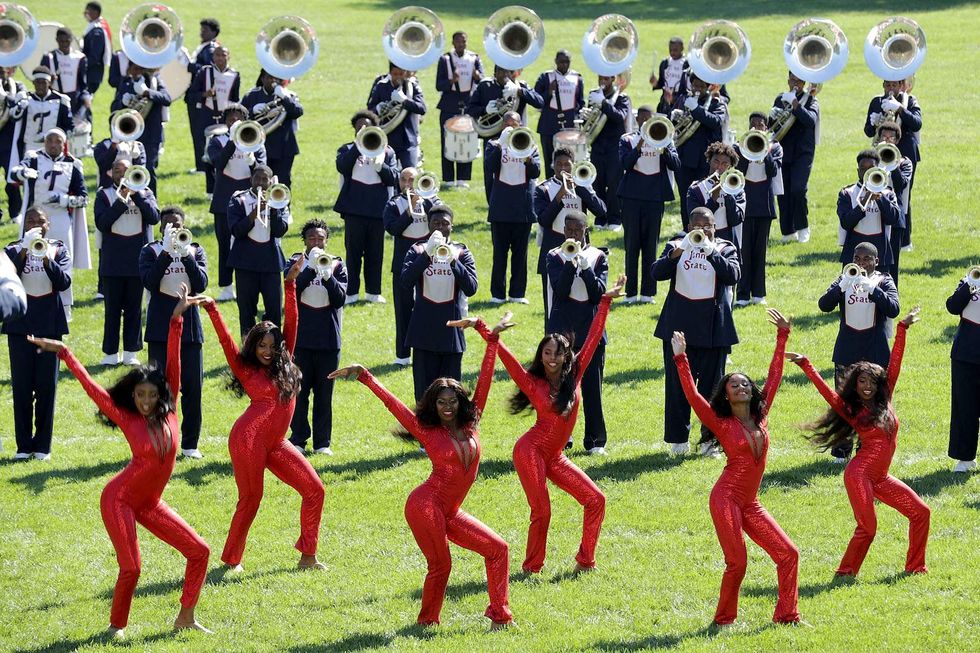
Tennessee State University receives "red light" rating from FIRE for policies that restrict freedom of speech.(Photo by Chip Somodevilla/Getty Images)

Tennessee State University warned students and employees they could face sanctions for "whistling in a suggestive manner."
The school received a "red light" rating from the Foundation for Individual Rights in Education for its policy that deems whistling may be considered as sexual harassment. Students or employees can be expelled or fired if found in violation of its rules.
FIRE rates schools’ speech policies on a green-yellow-red light scale. Red indicates the school has “at least one policy that clearly and substantially restricts speech.”
Samantha Harris, vice president of policy research for FIRE, told the College Fix that the problem with the policy is its vagueness.
“Very broad categories of speech are banned as harassment, simply because someone might find them suggestively offensive, and that’s something that courts have repeatedly held violates the First Amendment,” Harris said.
Other possible offenses include suggestive or insulting sounds, unnecessary touching or brushing against the body, and jokes about sex inside and outside the classroom. The policy also notes that its list of sexual harassment examples isn't exclusive.
Policies prohibiting jokes and humor can be used to suppress unpopular speech, Harris added.
The school's policies on protest and demonstration also received a "red light" rating from FIRE because it bans demonstrations during universitywide events.
“Group dissent taking the form of demonstrations, marching, or sit-in activities will not be permitted inside university buildings or during universitywide events such as athletic contests, convocations, special lectures, assemblies,” the policy reads in part.
Students are required to register their "dissent" with the vice president of student affairs who will determine whether that demonstration request "is held at an acceptable time and appropriate site."
Those regulations constitute a "prior restraint on speech," Harris told the College Fix.